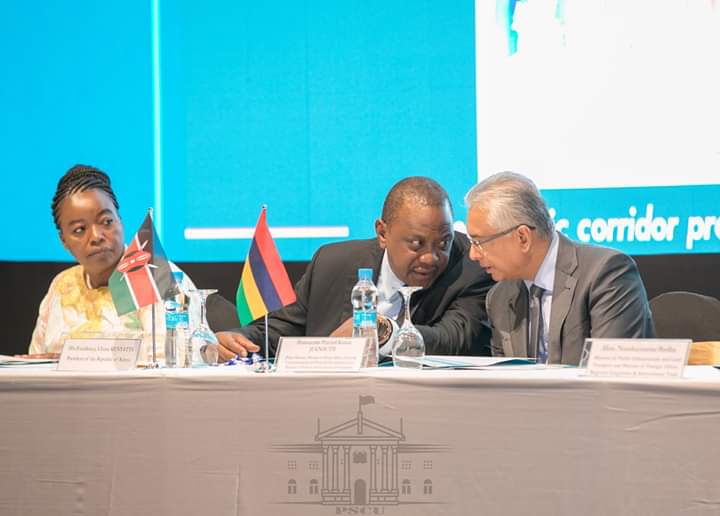
Seven years ago, Kenya signed a Double Taxation Avoidance Agreement (DTAA) with Mauritius in the quest to promote foreign direct investment (FDI) flows into the East African nation.
The agreement sought to put the competitiveness of Kenyan companies at par with those of other African countries that already had tax treaties with Mauritius and to streamline tax effectiveness.
On analysing the treaty, Tax Justice Network Africa (TJNA), a pan-African research and advocacy organisation, had a contrary opinion to claims of mutual benefits for both governments.
Tax Justice Network found that the DTAA would undermine tax revenue mobilisation while delivering little benefit on the competitiveness front.

More critically, key aspects of the treaty were found to be problematic, starting with definition of terms within the DTAA. The definition of what it means to be ‘resident’, for instance, opens the treaty to abuse by conduit companies primarily formed to siphon money out of the country.
Secondly, the treaty includes clauses on issues such as business profits; dividends; interest; capital gains tax and others that are inconsistent with the UN Model Convention of the benchmark for DTAA negotiations in developing countries. These clauses and the stipulations within them directly weaken Kenya’s ability to achieve revenue targets.

Thirdly, Kenya’s ability to tax the profits of foreign enterprises is further limited if the foreign firms set up a subsidiary within Kenya that trades with a parent company in Mauritius as its host country or country of origin. This legally allows foreign companies to avoid sales taxes contrary to the UN Model Convention rules.
Lastly, the exclusion of potential sources of revenue and creation of loopholes from taxes such as Capital Gains Tax (CGT) through swapping of assets with no real value created allows for deceitful reporting on sales activities.

This violates accounting principles and encourages a lot of more speculative ventures over productive activity that Kenya desperately needs for its structural transformation in attaining the Sustainable Development Goals (SDGs).